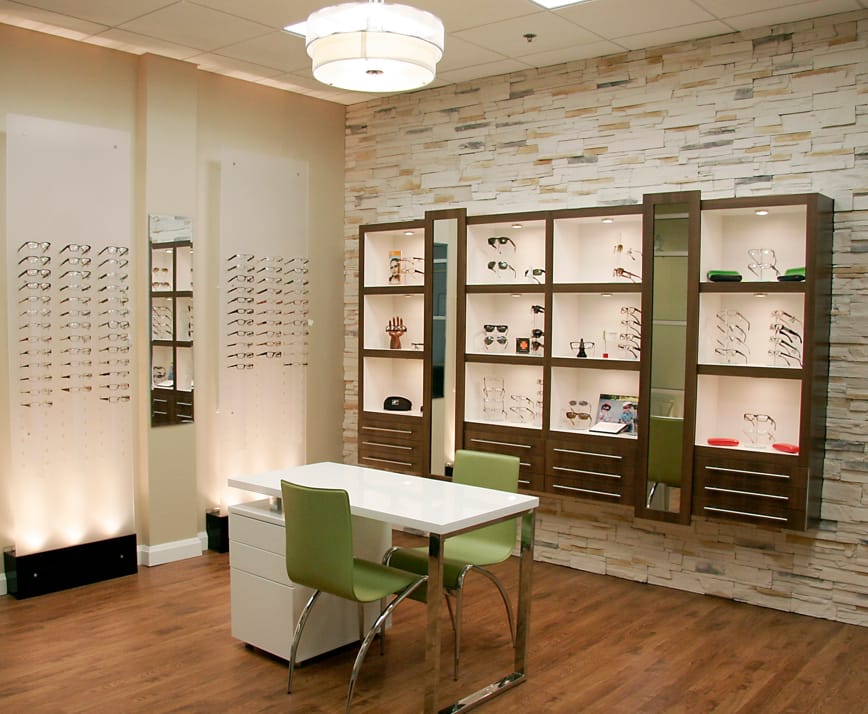Eye Diseases Can Steal Your Sight
The greatest concern when it comes to eye diseases is that they are often asymptomatic, meaning there is almost no way to detect that you have an eye disease on your own. The only way to prevent vision loss from eye diseases is to have regular eye exams.
Dr. Chan is trained to diagnose the signs of eye diseases before your vision is compromised, and can help you manage and mitigate your symptoms so that you have control over the health of your eyes.












